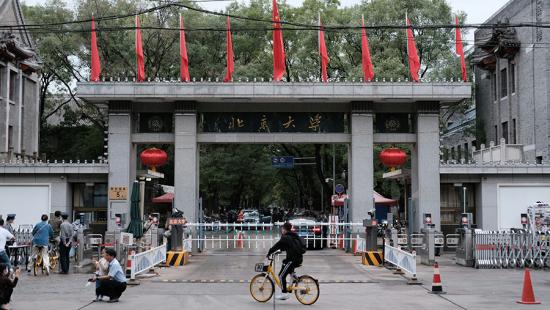Tom Gillespie: Affordable Housing, Financialization and Urban Statecraft

image / Breno Assis on unsplash
Abstract
The scale of the 21st-century urban housing challenge has prompted state actors in both the Global North and South to adopt increasingly interventionist approaches to "affordable" housing production. This lecture adopts an urban statecraft lens to examine affordable housing production as a site through which state actors engage with financialization processes to different extents with a view to addressing housing needs. It identifies three dimensions across which state-led affordable housing production can be analyzed and compared in different urban contexts: state motivations to intervene and the degree of financial innovation embraced by policymakers, the distribution of risk associated with financialization processes, and the approaches adopted to mitigate this risk. It is argued that 21st-century state-led housing production constitutes a highly uneven geography of urban statecraft in which state actors adopt a diverse array of strategies to harness, reshape, and even resist financialization processes. This is illustrated with a focus on the Government of Kenya's Affordable Housing Programme as a particular instance of urban statecraft.
Biography
Tom Gillespie is a Lecturer in Global Urban Development at the University of Manchester. His research sits at the intersection of urban geography, political economy, and development studies and seeks to understand and address global urban inequalities. The primary focus of Tom's research is on cities in the Global South, with a particular interest in urban Africa. His work is informed by an understanding of global development that disrupts traditional geographical binaries and as such, also draws on insights from cities in the Global North. Gillespie's research to date has explored the socio-spatial outcomes of urban processes of commodification, dispossession, and enclosure, and how city dwellers respond to, participate in, and contest these processes. This research has been published in journals such as Antipode, International Journal of Urban and Regional Research, and Transactions of the Institute of British Geographers.







